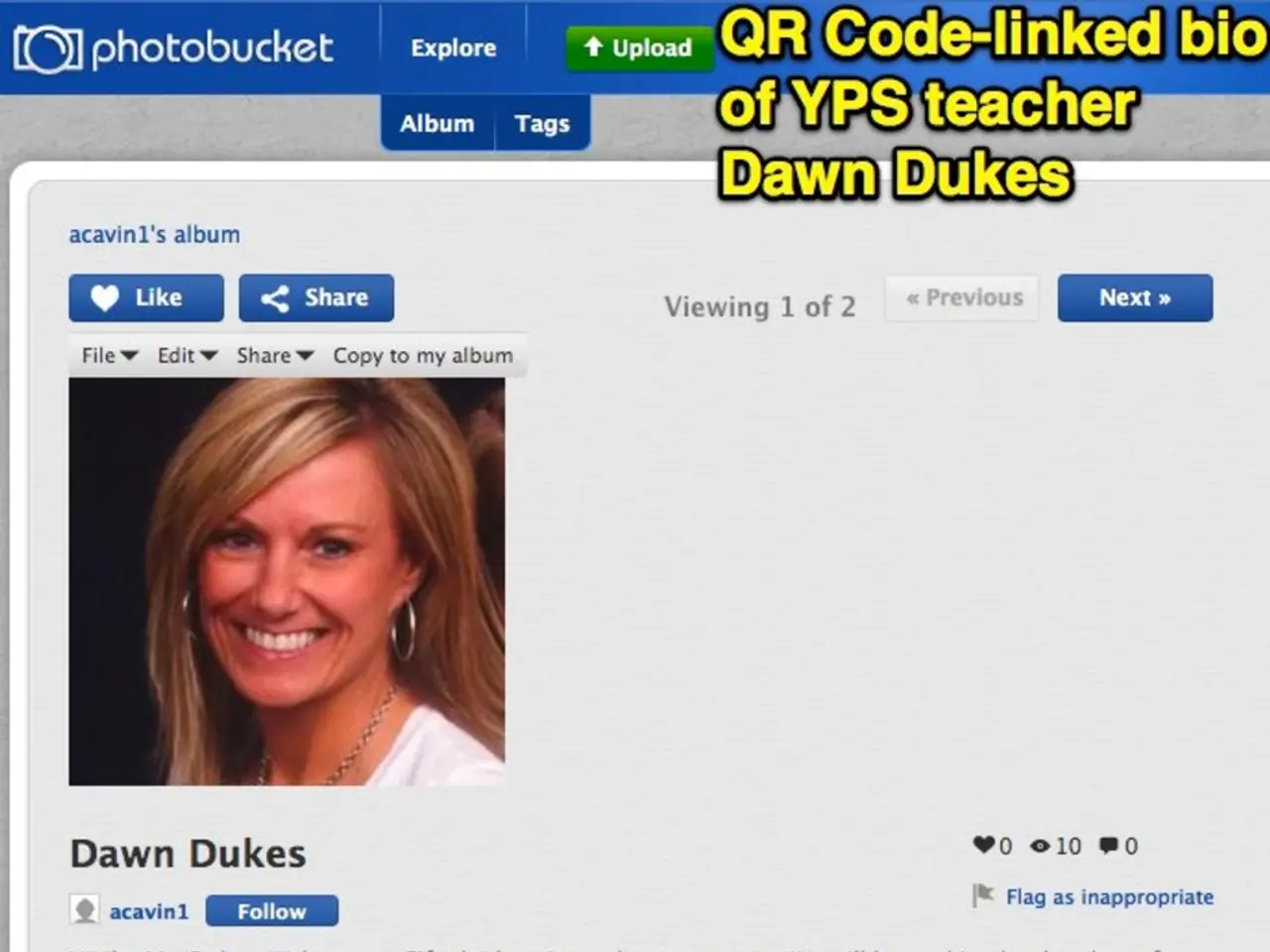Social Media Algorithms Shape Our Online Experience
Social media platforms like Facebook, Twitter, Instagram, and TikTok employ algorithms to govern the content we see. These sets of rules and calculations determine the relevance and ranking of posts, shaping our online experience.
Social media algorithms analyze vast amounts of data to predict what content will engage each user the most. They consider various factors, such as the type of content, the relationship between the user and the content creator, and overall engagement a post receives. For instance, Facebook's algorithm takes these aspects into account, while Instagram prioritizes posts based on user engagement, recency, and the likelihood of an interaction.
These algorithms play a crucial role in content discovery, surfacing relevant and trending content that broadens users' perspectives. They also help filter out irrelevant or low-quality content, saving users time and effort. However, it's important to note that these systems are designed to maximize user engagement, showing content that users are more likely to interact with.
Social media algorithms, though beneficial in delivering personalized content and enhancing user experience, also raise concerns about content diversity and potential echo chambers. As these systems evolve, understanding their workings and impacts on content discovery remains vital.
Read also:
- Web3 social arcade extends Pixelverse's tap-to-earn feature beyond Telegram to Base and Farcaster platforms.
- Germany's Customs Uncovers Wage, Immigration Violations in Hotel Industry
- Thriving once more: recovery of the gaming sector's downfall
- U.S. & China Agree to Temporary Trade Truce, Easing Tariffs




